
This workshop is a must-have for all new and current educators responsible for teaching about the Holocaust in their classrooms since Act 30 took effect. Hosted by the Nathan & Esther Pelz Holocaust Education Resource Center in partnership with the Wisconsin Department of Public Instruction.
Registration is open!
Registration for the conference is now closed.
1. Learn from experts in the field of Holocaust and genocide studies.
2. Join us as we explore engaging sessions in Holocaust history, including but not limited to; the Nazi leadership and decisions for the “Final Solution”, the euthanasia program, sexual violence in the camps, and postwar Germany.
3. Gain information and resources about the Holocaust and context for talking about other genocides in the classroom.
4. Make connections with educators in other areas.
Middle school and high school educators of Social Studies and English Language Arts. Act 30 is specific to Wisconsin, but there may be similar Holocaust and genocide mandated education in your state.
$25 – *Each registrant will have a choice between a few book titles from featured lecturers.
There will be approximately 4-5 hours of sessions per day with breaks. You will not be asked to complete assignments or readings prior to sessions.
Attending educators will be given a letter from the Wisconsin Department of Public Instruction stating the number of hours that have gone towards professional development.
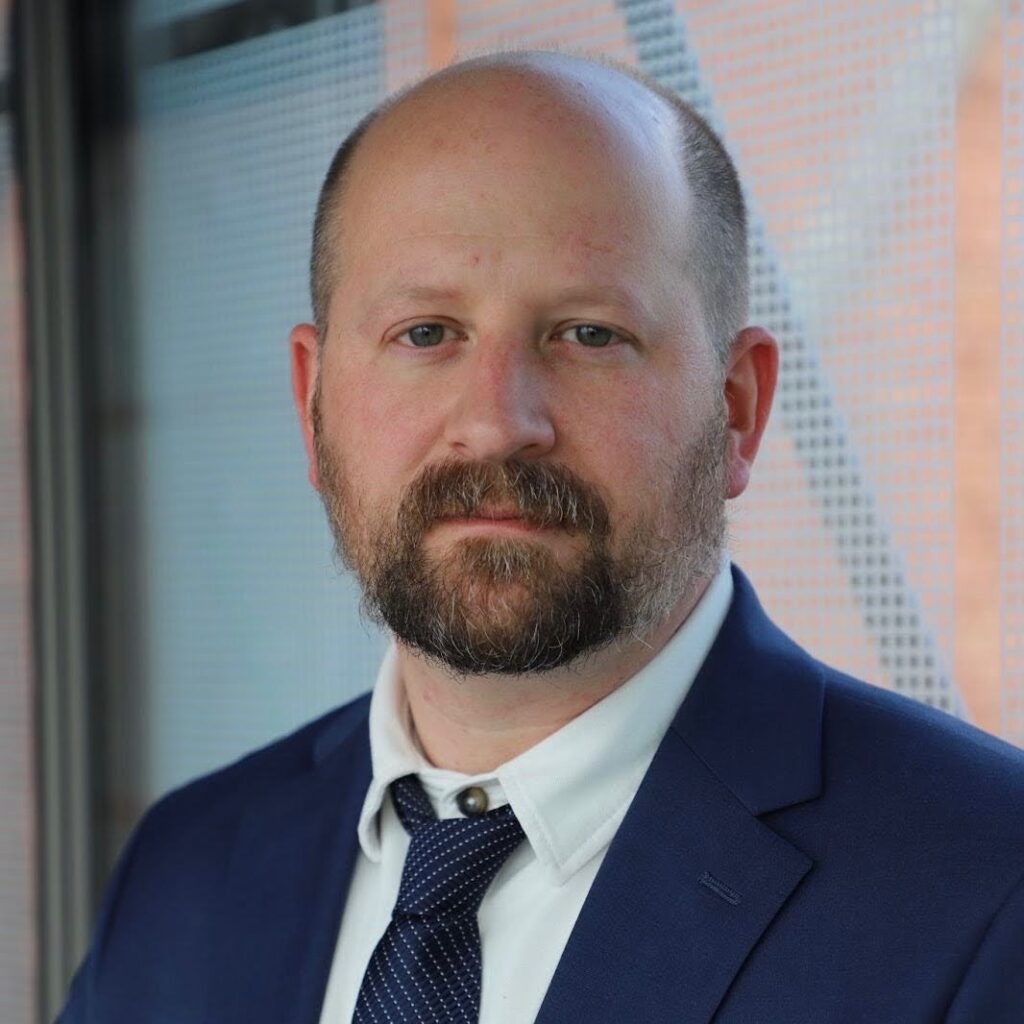
KEYNOTE SPEAKER – Dr. Peter Gengler is a historian in the Office of the Senior Historian in the Mandel Center Jack, Joseph and Morton Mandel Center for Advanced Holocaust Studies of the United States Holocaust Memorial Museum. He received his Ph.D. from the University of North Carolina at Chapel Hill under the guidance of Profs. Konrad H. Jarausch and Christopher Browning. Before joining the USHMM, he taught the histories of modern Europe, fascism, and the Holocaust at Duke University, North Carolina State University, and the University of North Carolina at Chapel Hill. His specialization is in modern German and East European History cultural, political, and military history, and his research interests include the legacies and memory of World War I and II, the Third Reich, the Holocaust, and the Cold War.
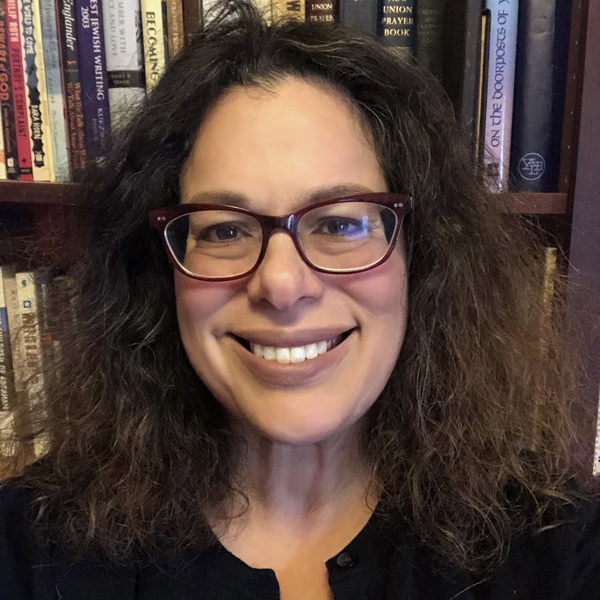
Rachel N. Baum is Deputy Director of the Sam & Helen Stahl Center for Jewish Studies at the University of Wisconsin-Milwaukee, where she teaches courses on the Holocaust & American Jewish culture. She is also Co-director of the Weinstein Holocaust Symposium, a group of Holocaust scholars who have met biennially since 1996. Her current research focuses on how new technologies shape our relationship to Holocaust memory.
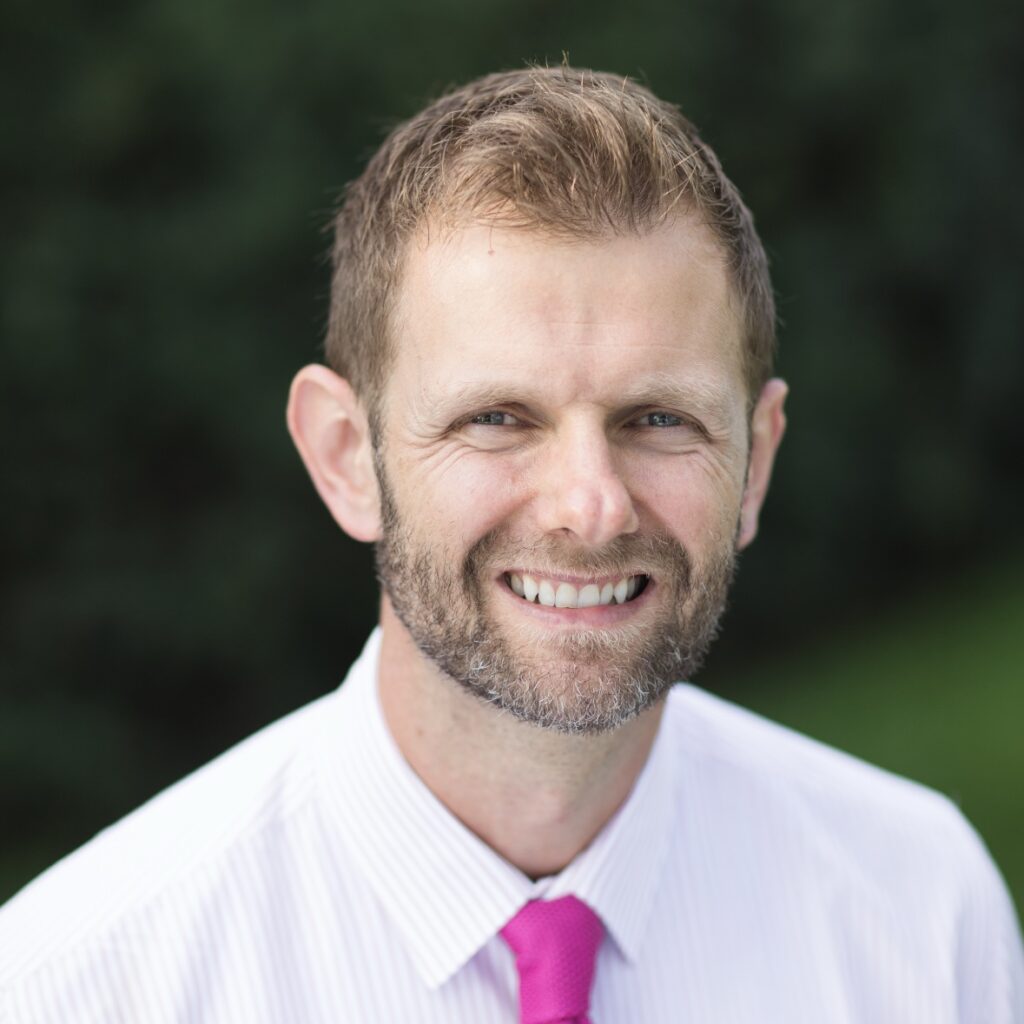
Dr. Mark Gudgel is an eighteen-year veteran of teaching English, Humanities, and Genocide Studies in the public schools. Presently, he serves as assistant professor of education at the College of saint Mary in Omaha. Gudgel is a fellow of the United States Holocaust Memorial Museum, The imperial War Museum, and Fund for Teachers, as well as a Fulbright Distinguished Awards in Teaching recipient. Gudgel spent six years working for the USHMM as a member of the Regional Education Corps. He co-founded the Educators Institute for Human Rights with his colleague, Drew Beiter, and served as the organization’s executive director for six years. In addition to teaching, Gudgel advocates for teachers on a local and state level and serves on numerous boards of directors, working to raise money for charities that support education and underrepresented populations. Gudgel’s book on teaching about the Holocaust, Think Higher Feel Deeper: Holocaust education in the secondary classroom, was released from Teachers College Press in 2021.
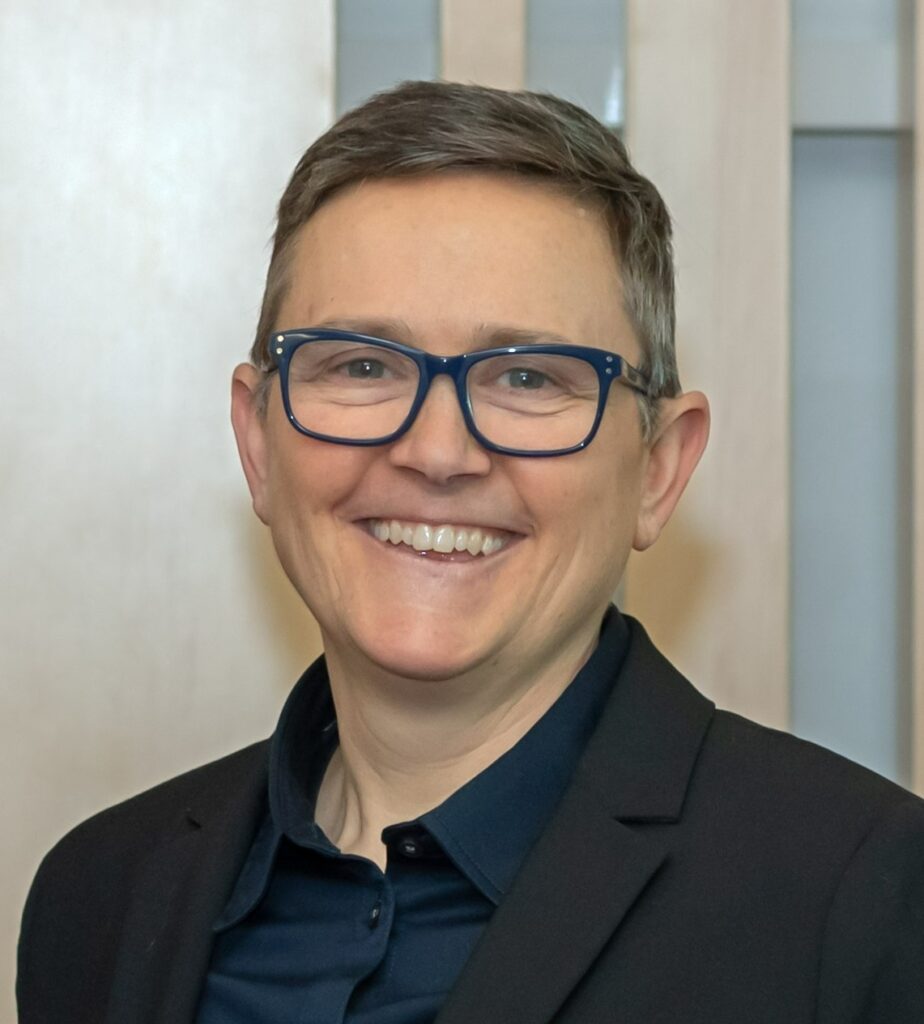
Sarah Cushman is Director of the Holocaust Educational Foundation of Northwestern University and Senior Lecturer in the History Department. Cushman served as Head of Educational Programming at the Strassler Center for Holocaust and Genocide Studies at Clark University from 2013-2016, and from 2007-2013, as Director of Youth Education at the Holocaust Memorial and Tolerance Center of Nassau County. She earned her PhD from Clark University in 2010. Her first book, Women in Auschwitz, is under contract with the University of Indiana Press. Cushman is co-editor of the forthcoming Routledge Handbook on Auschwitz-Birkenau, and co-editor in chief of Holocaust Studies: A Journal of Culture and History. She has earned fellowships from the Hadassah-Brandeis Institute, USHMM, HEF, and Steven Spielberg. Cushman is on the executive committee of the National Consortium of Directors of Centers in Holocaust, Genocide and Human Rights Studies and a member of the Illinois Holocaust and Genocide Commission.
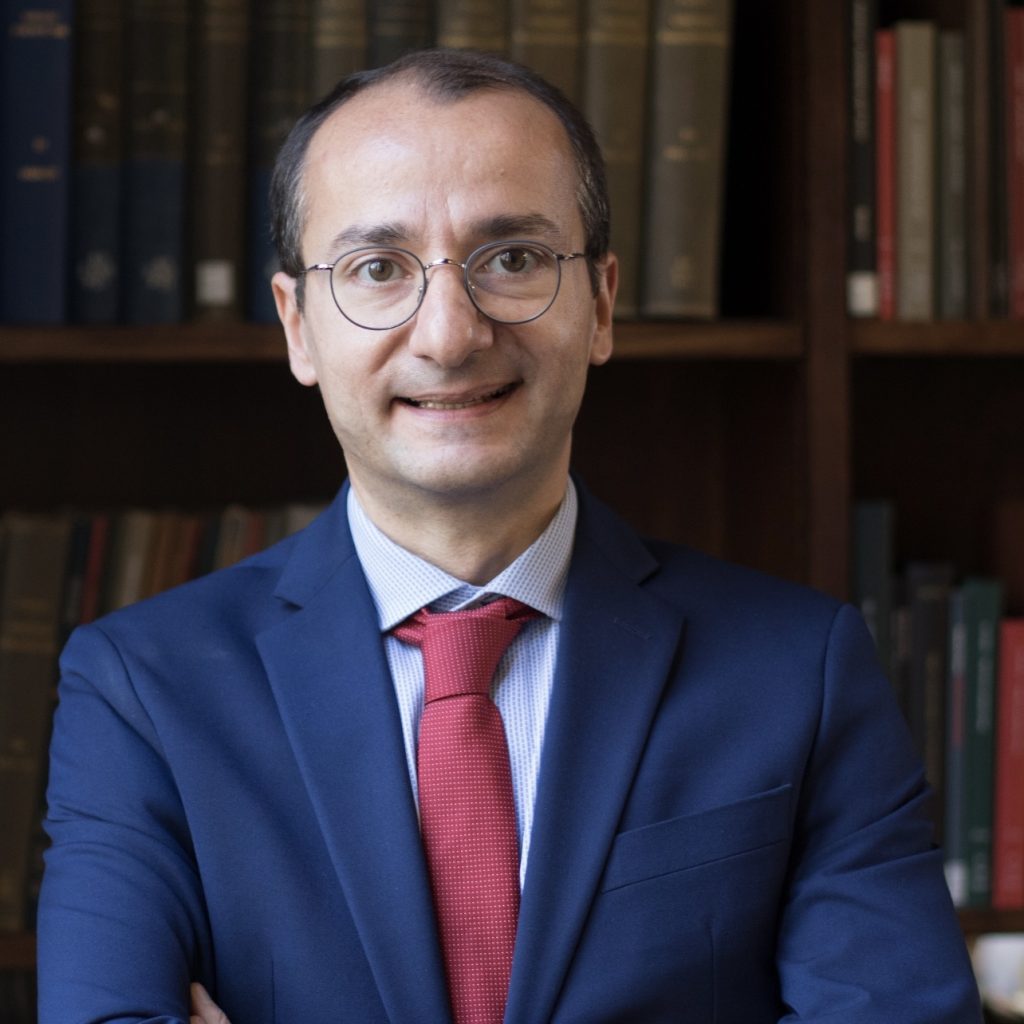
Khatchig Mouradian is a lecturer in Middle Eastern, South Asian, and African Studies at Columbia University, and the Armenian and Georgian Area Specialist at the Library of Congress. He also serves as Co-Principal Investigator of the project on Armenian Genocide Denial at the Global Institute for Advanced Study, New York University. Mouradian is the author of the award-winning book The Resistance Network: The Armenian Genocide and Humanitarianism in Ottoman Syria, 1915-1918 (2021). He is the co-editor of After the Ottomans: Genocide’s Long Shadow and Armenian Resilience (2023) and The I.B.Tauris Handbook of the Late Ottoman Empire: History and Legacy (forthcoming in 2024).
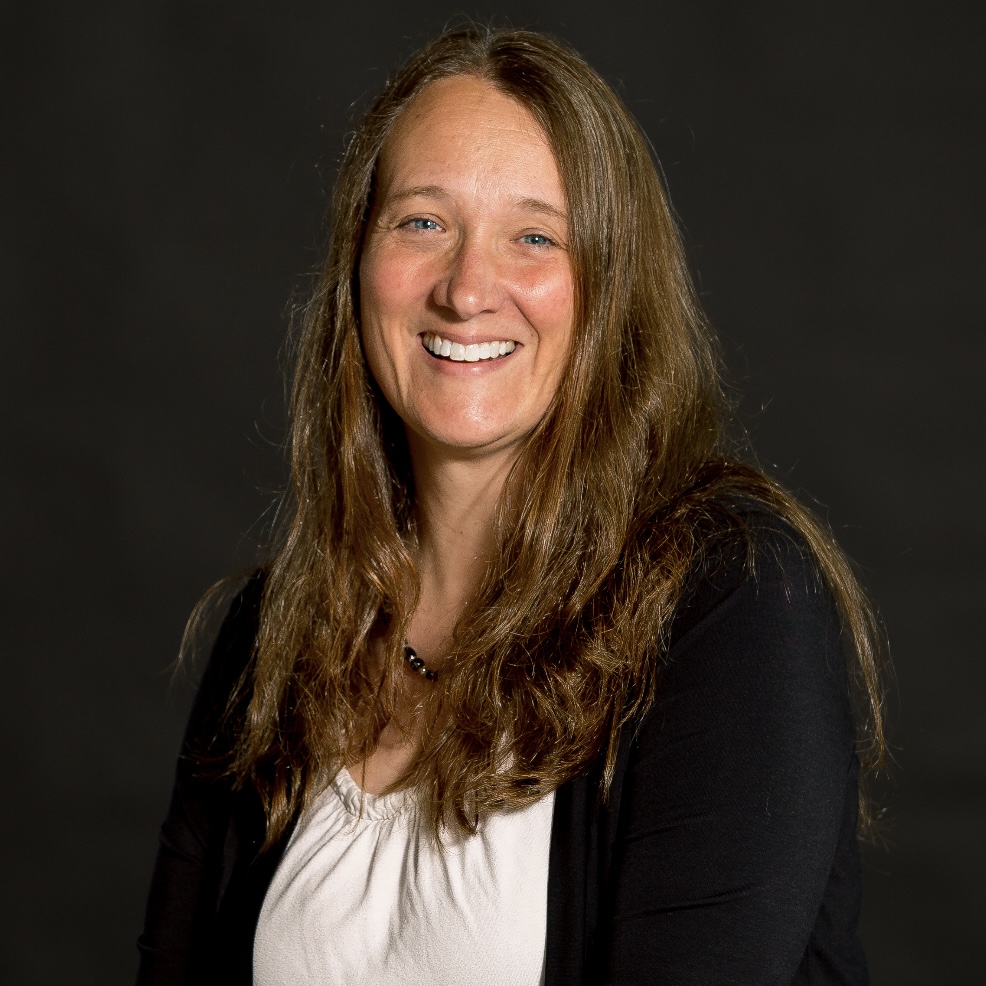
Dr. Laura J. Hilton is Professor and Schwartz Faculty Scholar at Muskingum University in New Concord, OH. She earned her PhD in Modern European History at The Ohio State University. She has taught courses on the Holocaust for two+ decades and is the co-editor of Understanding and Teaching the Holocaust (University of Wisconsin Press, 2020, 2022). She also published two additional scholarly works on teaching and the Holocaust: “Memorialization, Reconciliation, & Reflection: Teaching the Aftermaths of Genocide in Postwar Europe and Rwanda,” The History Teacher, 2021 and “Geography and the Aftermath of the Holocaust,” in Teaching Holocaust Geographies in Middle and Secondary Schools: Promoting Inquiry into Space, Persecution, and Civic Engagement, (forthcoming, 2025). She has been a Teaching Fellow at the United States Holocaust Memorial Museum and the Holocaust Educational Foundation.
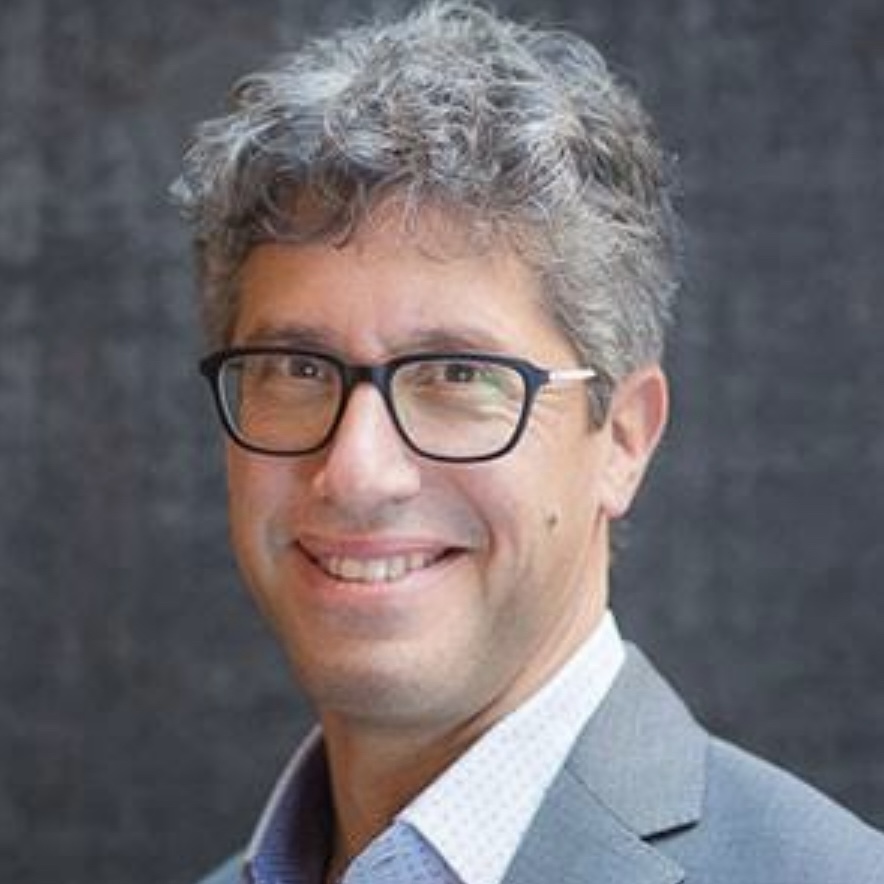
Warren Rosenblum is professor of history. He is the author of numerous publications in modern European history, including the history of the Nazi “euthanasia” program. He has been a fellow at the United States Holocaust Memorial Museum and was recently a Fulbright research fellow in Belgium.
Generously sponsored by:
In appreciation to the Conference on Jewish Material Claims Against Germany (ClaimsConference) for supporting this educator training program. Through recovering the assets of the victims of the Holocaust, the Claims Conference enables organizations around the world to provide education about the Shoah and to preserve the memory of those who perished.